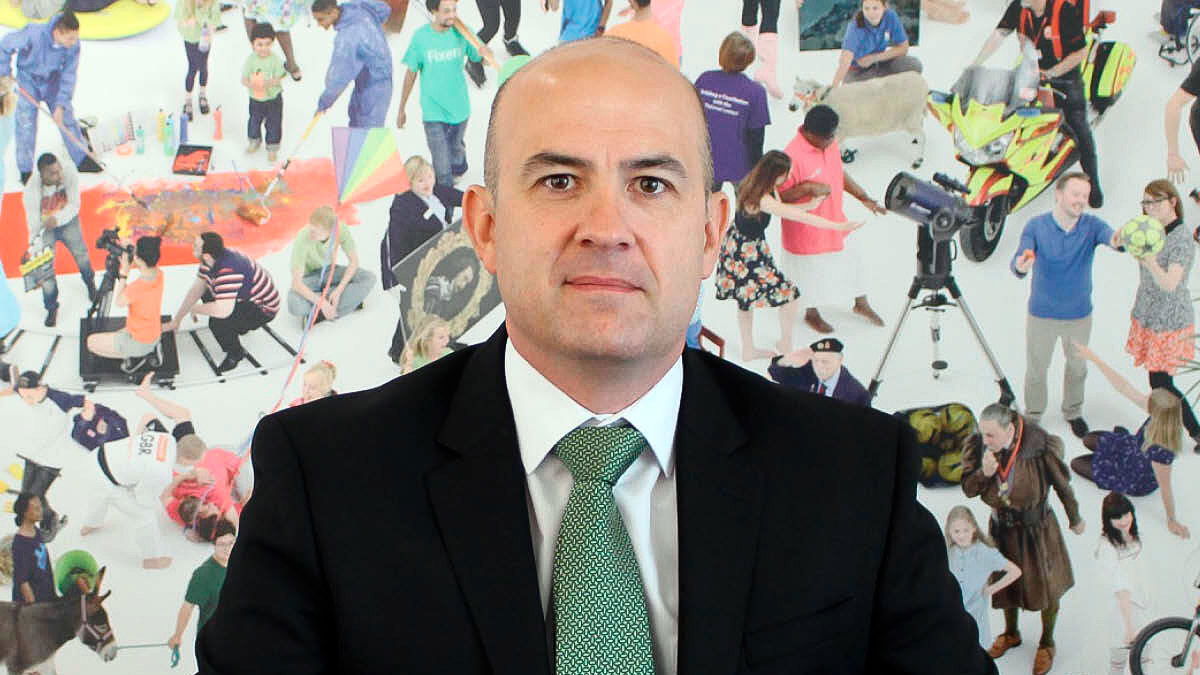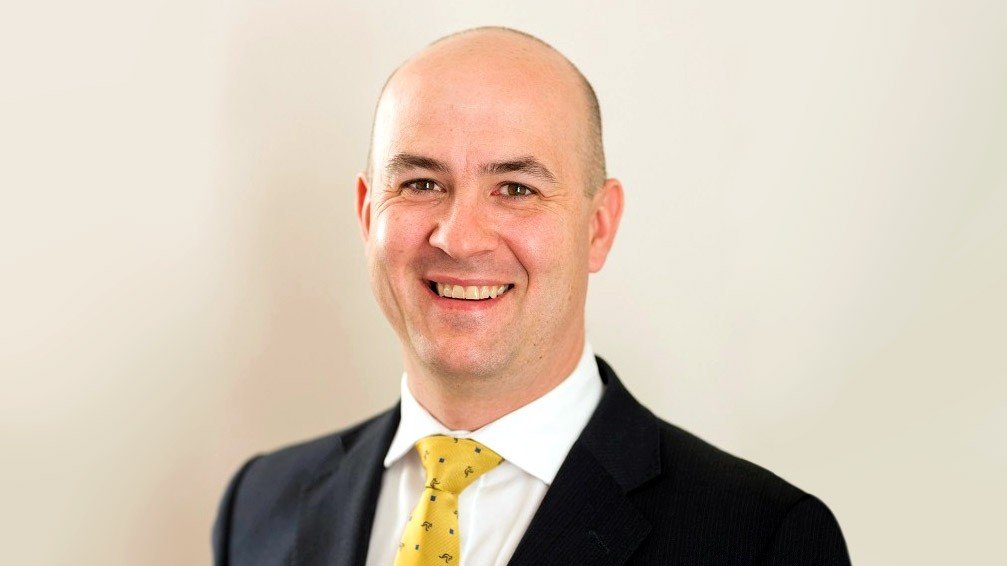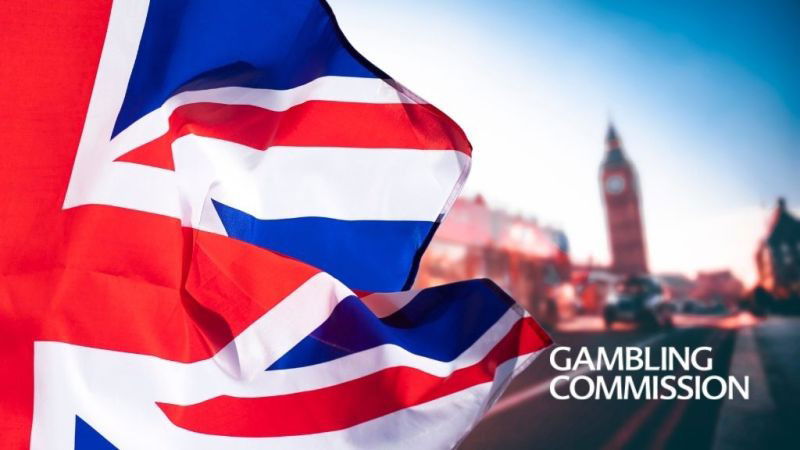UKGC CEO lays out regulator's "people-focused" approach; announces account management, round-table discussions

UK Gambling Commission’s CEO Andrew Rhodes discussed his vision for how the regulator will be carrying out its role in the years to come during a speech at the CEO Briefing 2022, held on November 25. Rhodes said the UKGC will commit to a “people-focused” approach amid the “massive disruption” the sector has experienced since the Covid-19 pandemic, announcing the introduction of new measures such as round-table discussions and account management with operators.
Data since public health restrictions eased show the “unbalanced” nature of the impact, with participation up by 3%, with land-based opening up, but still lower than pre-pandemic. In-person gambling is showing signs of recovery, while iGaming continues its long-term increase.

Overall participation in gambling is stable and has not been growing; and while online is surging, the whole market is not. However, Rhodes remarked the current landscape is seeing “intense” competition, and laid out the role of the UKGC amid this scenario.
“We are not an economic regulator,” the CEO stressed. “We are predominantly a licensing regulator. We do not have a role to grow or contract an industry and we don’t have a view on how big or small that industry should be.”
“My strongly-held belief is that we must always be impartial as a regulator. This means we are not motivated by a particular set of beliefs about the industry we regulate, or the people who use it,” he noted.
Mergers, acquisitions and the focus on sustainability
Over the last few years, mergers and acquisitions have continued at pace, with the now top 3 operator groups having increased their market share from around 1/3 to 1/2. The top 10 groups now represent 77% of total B2C GGY in Great Britain, and the top three groups will represent over 50% when recent mergers are accounted for.
This “appetite” for acquisitions seemingly continues, with the focus on mergers and acquisitions driven by operator strategies to diversify into new jurisdictions, as well as a number of deals taking place in the B2B market space. This has implied increased “complexity” for the regulator as well, which is seeing more complex transactions and ownership structures.
“Licensing has become far more complex than it once was and this has accelerated in recent years,” said Rhodes. “This means we need to rethink the way we approach this area from an operational standpoint as a minimum. There are also financial implications that come from this for us. We are seeing more novel products which push the boundaries of the definition of gambling.”
"We’ve been quite clear about our expectations but some operators haven’t paid significant attention." Andrew Rhodes, Chief Executive of @GamRegGB is sharing stats and insights on the gambling market in Great Britain post pandemic. #IAGR2022 pic.twitter.com/asnN6TCeNr
— IAGR_ORG (@iagr_org) October 17, 2022
Operators claim that, amid these changes, revenues are down due to safer gambling measures introduced in terms of stake limits and affordability measures; and that the proportion of revenue coming from high-spending customers is reducing, with a pivot towards lower-spending customers.
“I’m not saying the regulator wants to see people in general spending less on gambling – our role is to permit gambling as long as it is safe, fair and crime-free, not to make a moral judgment on how much money is spent on gambling,” remarked Rhodes. “But operators, looking to move their customers away from behaviors that present a higher risk to the licensing objectives, is something that we are watching with interest.”
The UKGC calls it “a welcome development” that, with all the drivers of fierce competition in the British market, companies are “proactively” managing risk and recognizing the importance of sustainability.
New products and challenges
But competition is also driving further innovation, with not all of it coming from regulated gambling, as online illegal gambling remains a threat. Moreover, the regulator also sees the increasing presence of “emerging products” such as NFTs, synthetic shares and cryptocurrency, which drive a more challenging regulatory landscape.
“The illegal market will always continue to evolve and is difficult to eliminate, so our efforts will increasingly be further upstream to seek to disrupt these illegal sites as much as possible,” stated Rhodes. “But we cannot see this as being about the lowest common denominator.”
“We cannot reasonably argue that some practices should continue because illegal gambling is worse. We cannot condone bad practice in the legitimate market and I think you would all agree with me on that,” the UKGC boss told executives. “I think the risks from the so-called black market are overstated, but that doesn’t mean I don’t think they exist.”

For Rhodes, what products can be defined and regulated as gambling is becoming “increasingly blurred.” And as the gaming landscape changes, the UKGC is also increasing its level of international work with other regulators to bring further consistency to regulation where it can.
“A key focus of our increasing interaction with those international regulators has been in building a combined effort to tackle illegal gambling sites,” explained Rhodes. “Whilst the Commission understands that you are operating in uncertain and competitive times, we expect the care of your customers to be your first priority, and we demand that you achieve compliance with our standards."
Early intervention approach
"Our strategy will be to secure compliance at the earliest possible opportunity. This means that sometimes we won’t pursue formal action because we have secured the appropriate outcome through other means – the operator has come back into compliance,” underscored Rhodes. “But where we offer such a solution, failing to take that opportunity would be a sign of how seriously an operator is taking their responsibilities.”
This early intervention approach implies securing compliance at the first possible opportunity, meaning the UKGC team will be doing “a great deal more interaction” with operators than it might have at times previously. It comes as, in the last 11 months alone, 16 operators paid out a total of £45 million because of regulatory failures, compared to three operators paying out £1.7 million in the whole of 2016/17 full financial year.

“It is not everyone in this room, but whether you like it or not, the serious non-compliances we see are defining how all of you get perceived. It defines how you are lobbied against and it defines how Government, politicians, the media and a raft of others picture you,” warned Rhodes. “Some of you may not care – it's not my issue, it’s yours but it can have consequences for all of you.”
Elsewhere in his speech, the Gambling Commission boss announced a one-day Conference will be taking place on March 9 next year, designed to bring together operators, researchers and the regulator to improve how research is designed, collected and used. Moreover, account management will be introduced “for the largest operators” in the coming months; and sector-based round-table discussions will be held.

















